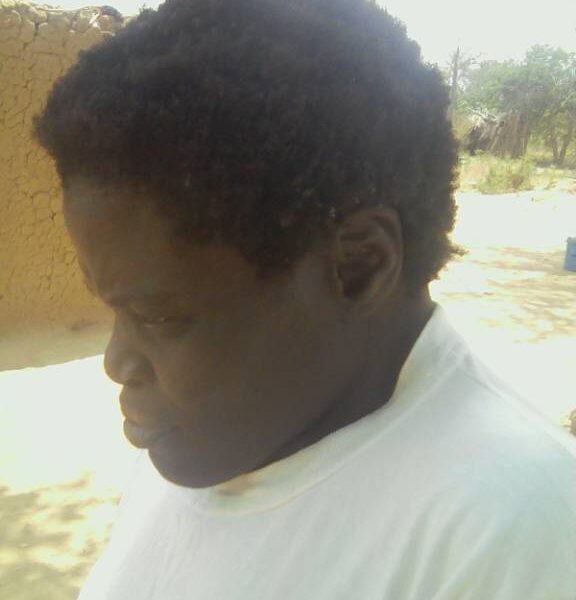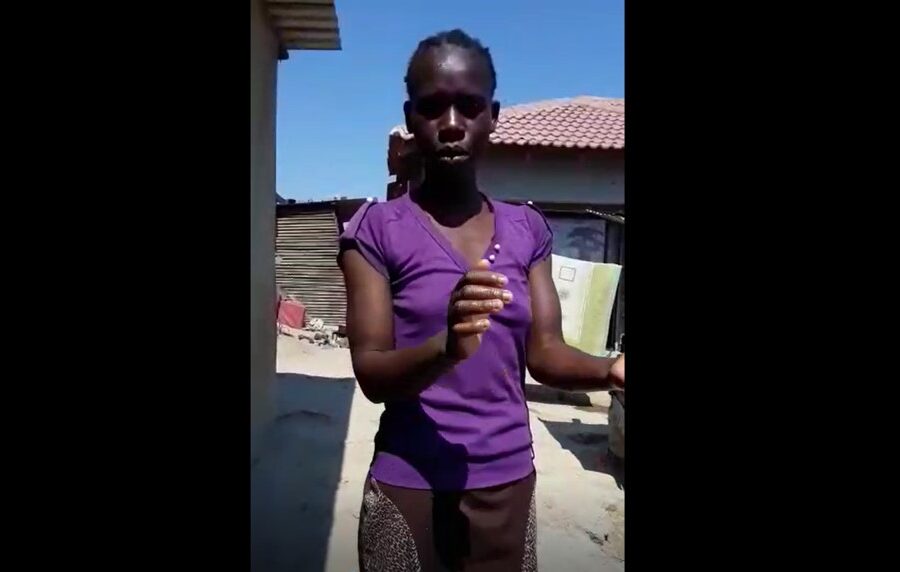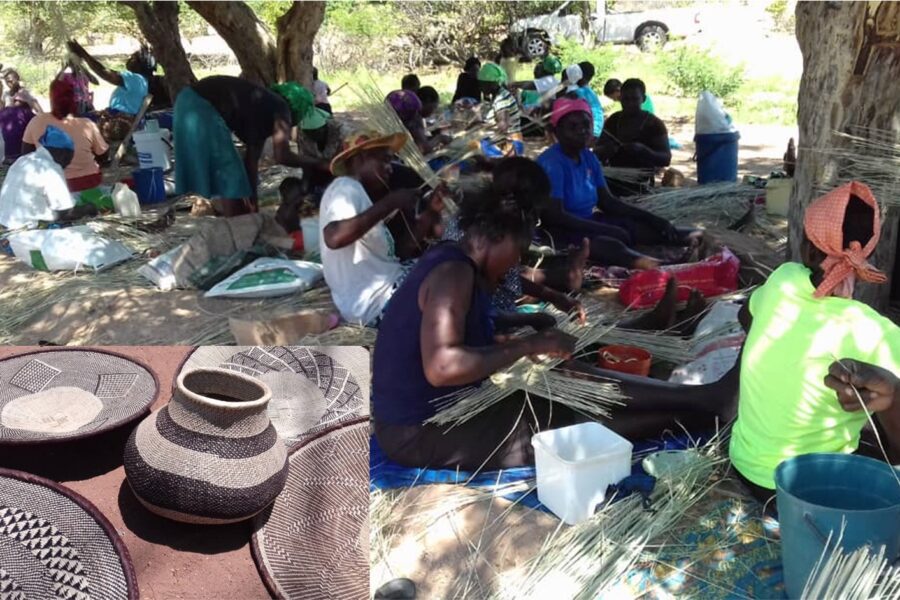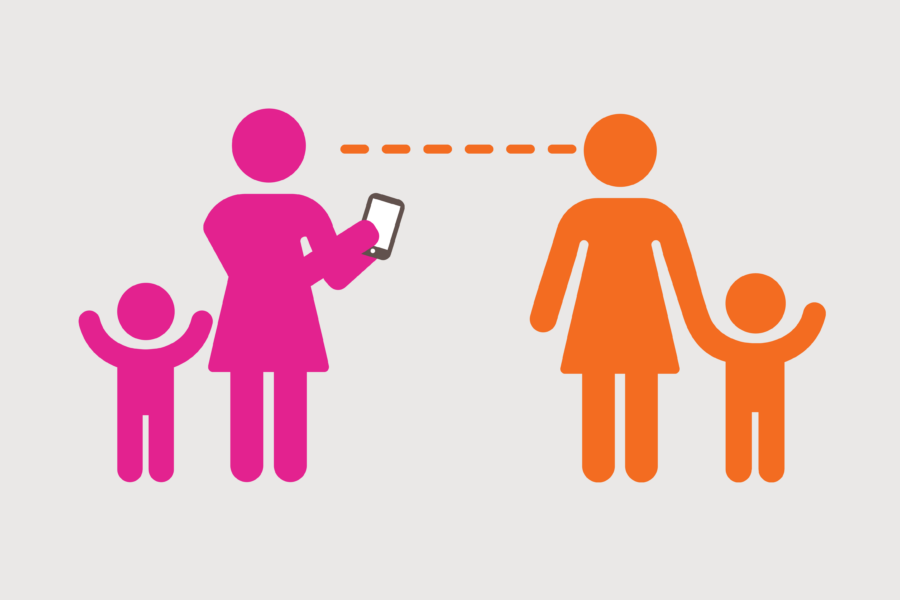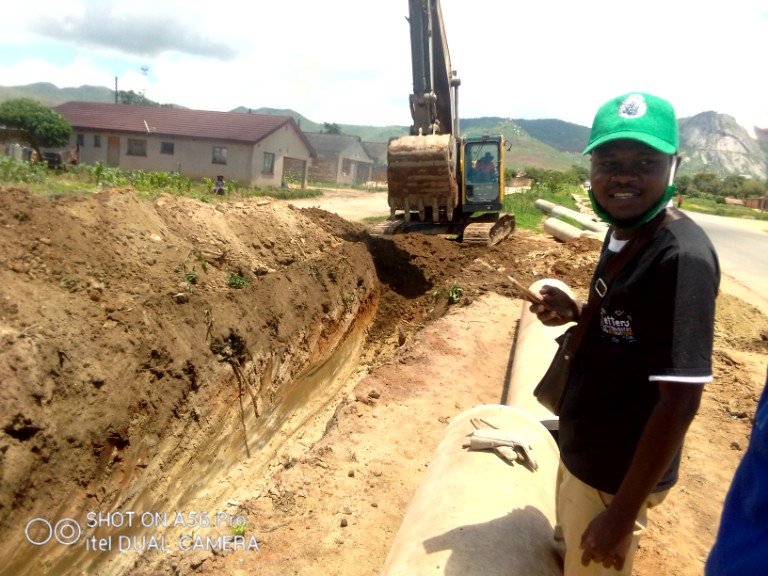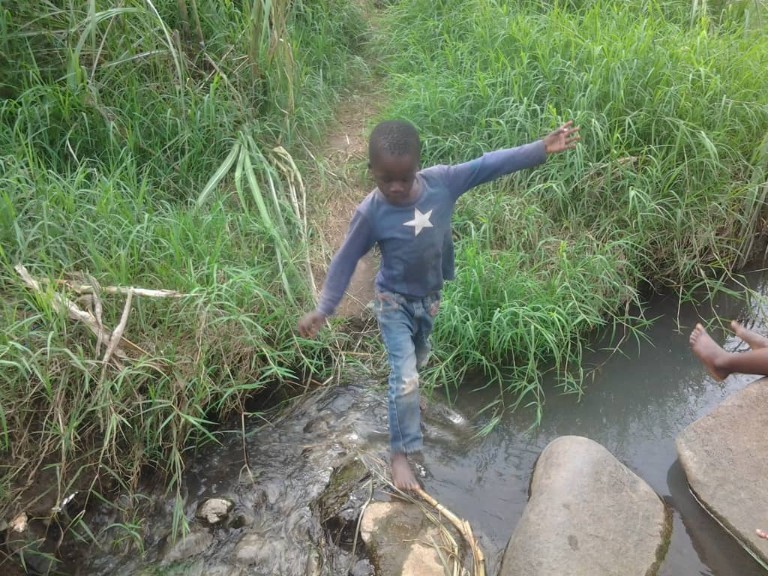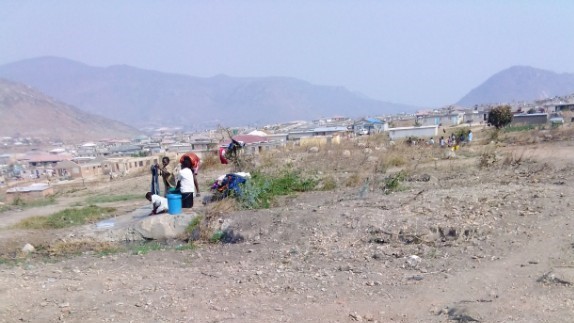Communities’ resistance to COVID-19 vaccination
Tinde Ward 18 in Binga is an example of one of the communities in the country that are resisting being vaccinated for COVID-19 with the reasons for many community members driven by misinformation, lack of information, distrust, and a general disdain for western medicines. Compared to its neighbours, Zimbabwe has had an organised COVID-19 vaccination…

